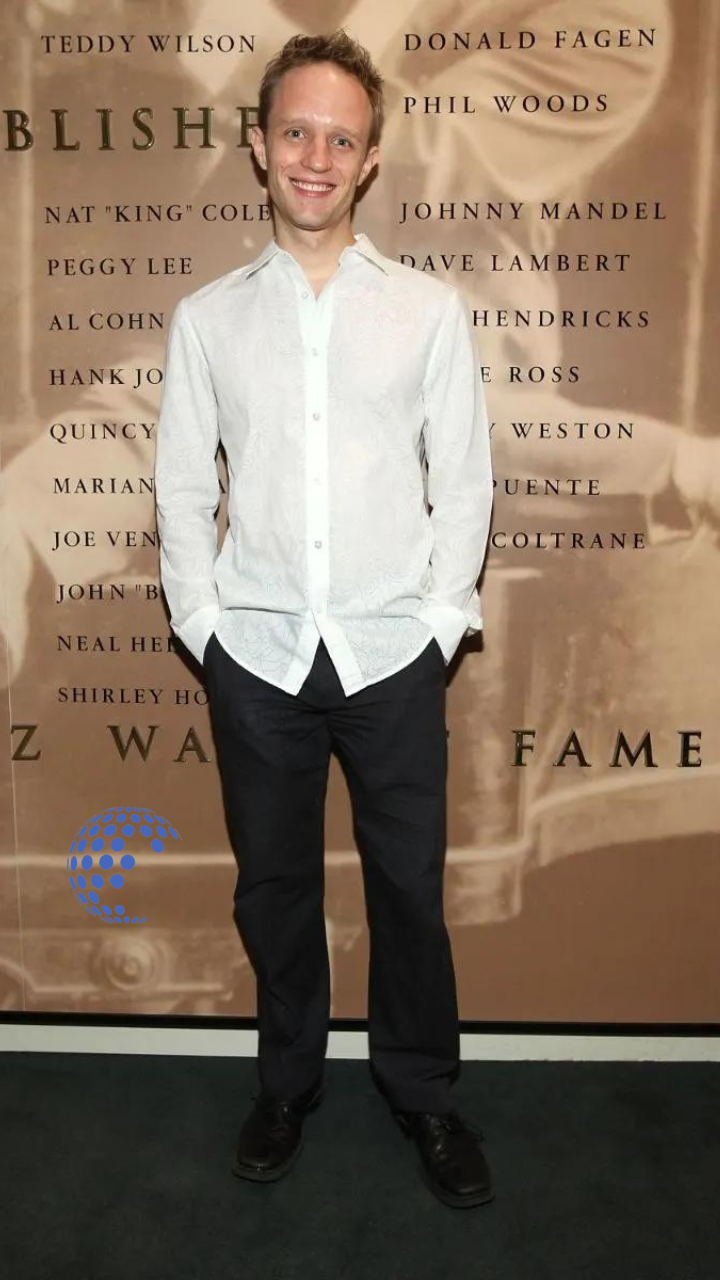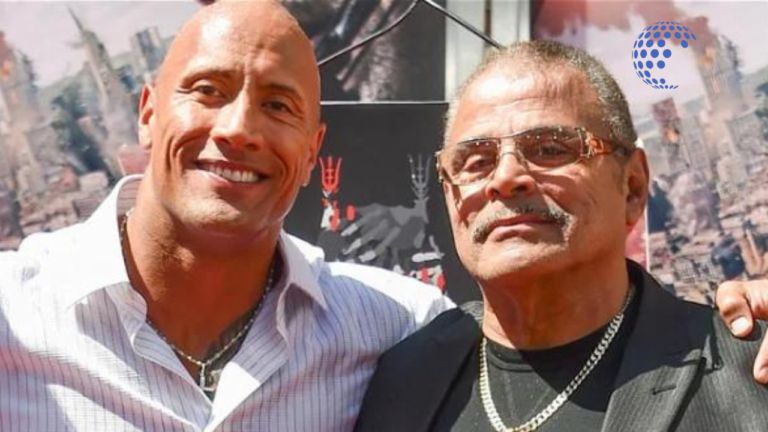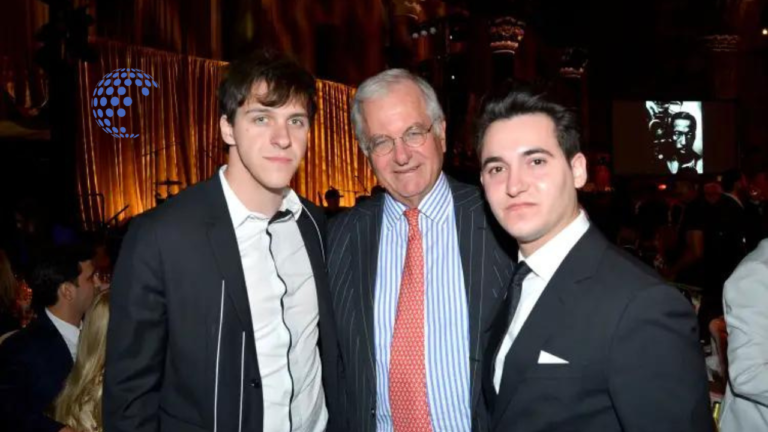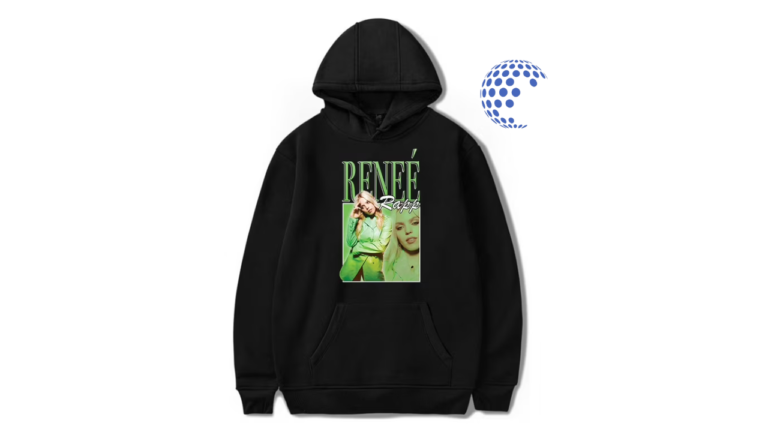Chrisley Knows Best Daughter Dies? Let’s Investigate.

Recently, rumors have been circulating online about a tragic event involving a member of the Chrisley family from the popular reality TV show “Chrisley Knows Best Daughter Dies.” One of the shocking claims is that a daughter of the Chrisley family has passed away. However, as far as I know, the cutoff date is in October 2023, and no reports or verified information confirm this devastating news. This blog post will delve deeper into the origin of these rumors, the Chrisley family’s public response, fact-checking the claims, the impact of false information, and how to seek out truth in celebrity news.
The Origin of the Rumors
The internet’s capacity to amplify stories, true or not, has played a significant role in the spread of the rumor concerning the alleged passing of a Chrisley family daughter. Unverified reports and speculative social media posts have fueled these claims, demonstrating the rapid pace at which misinformation can circulate online. Without confirmed information, speculation has grown unchecked, leading to widespread rumor sharing across various platforms. This phenomenon underscores the challenges faced in today’s digital age, where the line between fact and fiction becomes increasingly blurred. It’s crucial for individuals to critically assess the credibility of the sources from which they receive news.
Often, rumors like these originate from obscure or unreliable websites and are quickly picked up by individuals on social media, who may share the information without scrutinizing its validity. The allure of being among the first to share dramatic news can sometimes outweigh the responsibility of ensuring its truthfulness. This case highlights the importance of a cautious approach to news consumption, especially on platforms where the authenticity of information is not always guaranteed. The rapid spread of this rumor serves as a reminder of the decisive role social media plays in shaping public perception and the collective responsibility of users to prevent the dissemination of unverified information.
The Chrisley Family’s Public Response
In the whirlwind of speculation and rumor regarding the alleged death of a daughter from the Chrisley family, the absence of an official response from the family has been notably conspicuous. In such scenarios, public figures and celebrities typically take to social media or press releases to confirm or deny reports directly affecting them or their loved ones. The Chrisley family, known for their openness and active presence on various social platforms, has yet to address these specific rumors head-on.
This silence could be strategic, allowing them to manage the situation privately before making public statements, or it might reflect the time needed to navigate the complexities of false information spreading rapidly online. It’s also possible they are choosing to ignore baseless rumors to avoid giving them further attention. Without direct communication from the Chrisleys, fans, and the general public are left uncertain, relying on indirect cues or past instances of how the family has handled public scrutiny and false rumors.
It underscores the delicate balance public figures must maintain between privacy and the expectation to share their lives with the public. Their response, or lack thereof, to these rumors will likely be scrutinized and analyzed for intent and authenticity, illustrating the pressure and scrutiny that comes with living in the public eye. In such situations, the silence from the family can be as telling as a statement, reflecting their current stance on managing personal crises under public observation.
Fact-Checking the Claims
In the digital age, where rumors can spread like wildfire, it’s paramount to conduct fact-checking before contributing to disseminating potentially false information. When confronting startling assertions, such as the death of a Chrisley Knows Best daughter, turning to established and trustworthy news outlets is a critical first step. These sources adhere to stringent journalistic standards, ensuring their reporting is based on verified facts. Additionally, official statements from the family or their representatives provide the most direct and reliable information regarding personal matters. Without such confirmations, the information should be regarded with skepticism.
Social media, while a rapid news source, often lacks the filters to distinguish between verified facts and speculation. Hence, users are encouraged to scrutinize these platforms’ news sources. Fact-checking websites also serve as valuable resources, offering clarifications and debunking unfounded claims with comprehensive research and evidence. They can be instrumental in verifying or refuting sensational stories, including those involving public figures or celebrities.
When the truth about sensitive topics is at stake, each individual is responsible for ensuring their online engagement does not perpetuate falsehoods. This commitment to accuracy upholds the integrity of information shared in the digital space and protects individuals and their families from the potential harm caused by baseless rumors.
The Impact of False Information
The repercussions of circulating false information in today’s interconnected world are profound and far-reaching. When rumors, particularly about the death of someone tied to a beloved public figure or family like the Chrisleys, are shared unchecked, they can lead to widespread emotional distress among fans and the general public. This distress is not only an immediate emotional response but can also erode trust in media and public figures over time, contributing to a broader climate of skepticism and cynicism.
Moreover, the individuals directly targeted by such misinformation face undue stress and anxiety. Imagine grappling with baseless rumors concerning the well-being of a family member, compounded by the public’s eye scrutinizing every possible reaction or non-reaction. This situation can strain personal relationships and severely impact mental health, highlighting the ethical responsibility everyone shares in verifying information before sharing it.
The digital footprint of false information is also notoriously difficult to erase. Once a rumor has been spread, correcting the public’s perception becomes an uphill battle, even if the truth is later revealed. This lingering doubt can tarnish reputations and lead to lasting damage beyond the immediate fallout of the rumor itself.
Given these consequences, the need for critical media literacy becomes evident. Identifying credible sources, understanding the mechanisms of misinformation, and appreciating the human impact of our online behaviors are essential skills in mitigating the spread and impact of false information in the digital age.
How to Seek Out Truth in Celebrity News
Navigating the realm of celebrity news requires a discerning eye and a cautious approach to ensure the accuracy of the information consumed. In an era where rumors can spread globally in seconds, the onus is on each individual to become a savvy news consumer. One of the most effective strategies is to cross-reference stories across multiple reputable news outlets. Such sources have editorial standards and fact-checking protocols, making their reporting more reliable than unverified social media posts or gossip websites.
Equally important is paying attention to official communications from celebrities or their representatives. Official social media accounts, press releases, and verified statements offer the most direct and credible information regarding personal matters or professional updates. In situations lacking clear communication, patience becomes a virtue, as rushing to judgment or spreading unconfirmed reports can contribute to the problem of misinformation.
Fact-checking organizations also play a crucial role in this landscape. These entities specialize in debunking rumors and verifying claims, providing an additional layer of scrutiny that can be invaluable when determining the integrity of sensational stories. Engaging with these resources can enhance one’s ability to separate fact from fiction.
Finally, fostering a healthy skepticism towards sensational claims is critical, especially when they lack corroboration from reliable sources. This mindset, coupled with a commitment to ethical news consumption practices, empowers individuals to contribute positively to the information ecosystem, ensuring that truth and integrity remain at the forefront of celebrity news.
Read More
Conclusion and Final Thoughts
Navigating the landscape of rumors, especially those as severe as the death of a public figure or a family member, requires a balanced approach grounded in respect, integrity, and a commitment to factual accuracy. The digital rumor mill, fueled by the rapid spread of information online, demands a more conscientious role as consumers and sharers of news. In the case of the unsubstantiated rumors regarding a Chrisley Knows Best daughter’s death, this situation underscores the importance of maintaining a critical perspective toward the news we encounter, particularly on platforms prone to misinformation.
It’s imperative to remember the real-world implications of such rumors on public perception and the individuals directly involved. Upholding the values of compassion and respect in our engagement with celebrity news ensures we contribute to a more informed and considerate community. As we move forward, let us prioritize verified information, exercise patience in awaiting official statements, and approach sensitive topics with the care they deserve. Through these practices, we can help foster a media environment where truth and empathy prevail over sensationalism and speculation.






